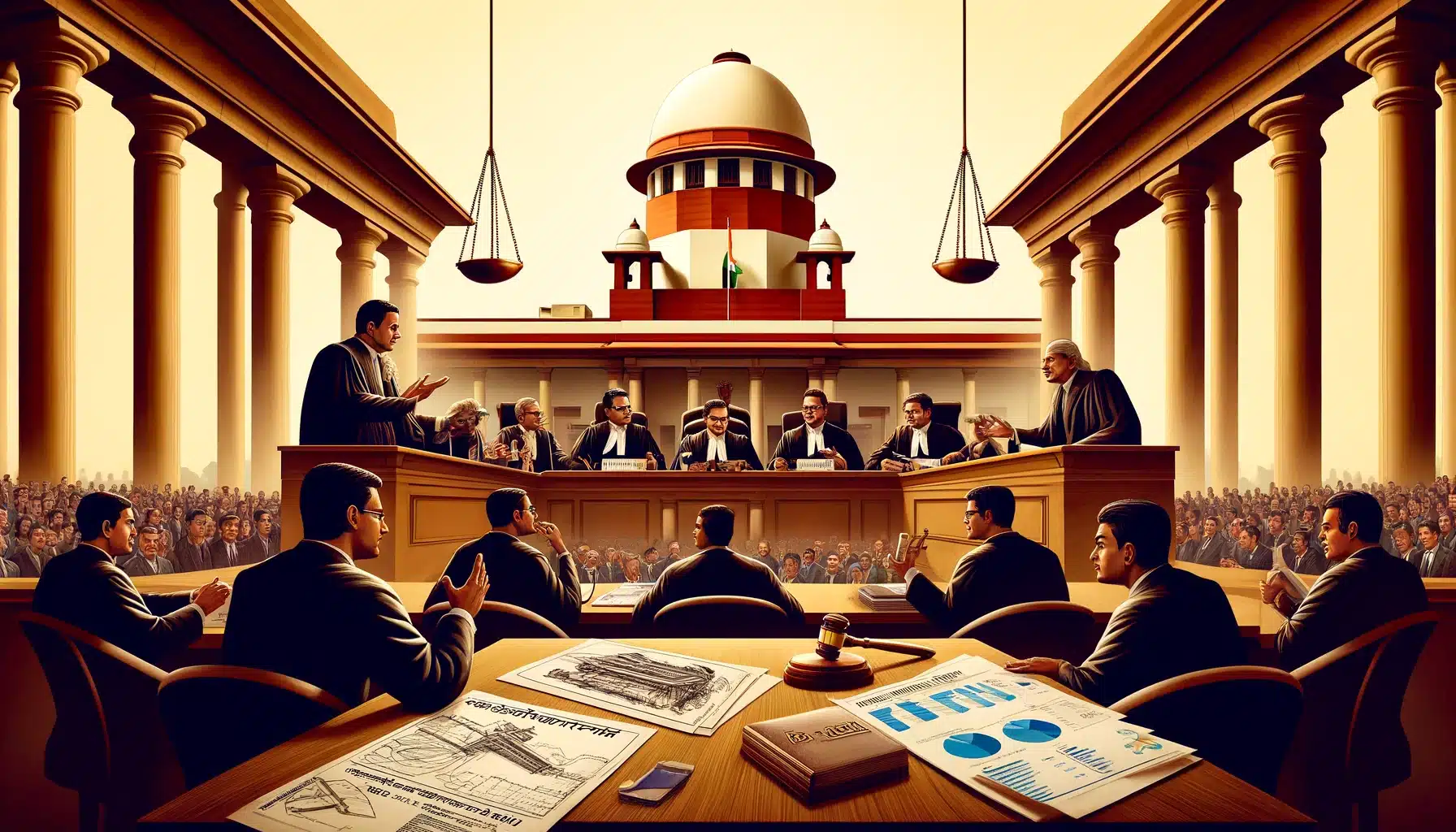The Supreme Court of India granted bail to Javed Gulam Nabi Shaikh, held for four years without trial under the UAPA. Justices J B Pardiwala and Ujjal Bhuyan criticized the NIA for delaying the framing of charges. The Court stressed that bail should not be used as punishment and highlighted the accu

LITT Law for lawyers and teams
The Supreme Court of India on Thursday granted bail to Javed Gulam Nabi Shaikh, who had been held in custody for four years without trial under the Unlawful Activities (Prevention) Act (UAPA). Justices J B Pardiwala and Ujjal Bhuyan criticized the National Investigation Agency (NIA) for delaying the framing of charges against Shaikh.
The Supreme Court emphasized an important point to courts nationwide, expressing concern that High Courts and Trial Courts seem to have forgotten that bail should not be used as a form of punishment.
Justices JB Pardiwala and Ujjal Bhuyan observed “Over a period of time, the trial courts and the High Courts have forgotten a very well-settled principle of law that bail is not to be withheld as a punishment.”
The bench was considering an appeal filed by the defendant challenging a Bombay High Court decision from February 2024 that denied their request for bail. The defendant was arrested by Mumbai Police in 2020 based on classified documents, which reportedly led to the discovery of forged currency believed to be from Pakistan. Subsequently, the NIA took over the investigation and revealed that the appellant had travelled to Dubai in February 2020 and had allegedly received counterfeit currency there.
The Apex court while granting him bail, considering his four-year incarceration without the commencement of the trial, emphasized that regardless of the seriousness of the crime, the accused has a right to a speedy trial as guaranteed by the Constitution of India.
The bench noted three striking points firstly, the appellant had been held as an undertrial for four years while his co-accused were granted bail; secondly, charges had not yet been framed by the Trial Court; thirdly, the prosecution planned to examine 80 witnesses.
The Court expressed that Article 21 of the Constitution applies irrespective of the nature of the crime and is not conditional on the gravity of the offence.
“If the State or any prosecuting agency including the court concerned has no wherewithal to provide or protect the fundamental right of an accused to have a speedy trial as enshrined under Article 21 of the Constitution then the State or any other prosecuting agency should not oppose the plea for bail on the ground that the crime committed is serious. Article 21 of the Constitution applies irrespective of the nature of the crime.”
“Criminals are not born out but made. The human potential in everyone is good and so, never write off any criminal as beyond redemption. This humanist fundamental is often missed when dealing with delinquents, juvenile and adult. Indeed, every saint has a past and every sinner a future. When a crime is committed, a variety of factors is responsible for making the offender commit the crime. Those factors may be social and economic, may be, the result of value erosion or parental neglect; may be, because of the stress of circumstances, or the manifestation of temptations in a milieu of affluence contrasted with indigence or other privations.” expressed the court.
The appeal was allowed by the bench, which observed that the prosecuting agency and the Court’s handling of the case infringed upon Article 21.
Javed Gulam Nabi Shaikh v. State of Maharashtra and Anr. (SLP(Crl) No. 3809/2024)





